Jamming for the girls
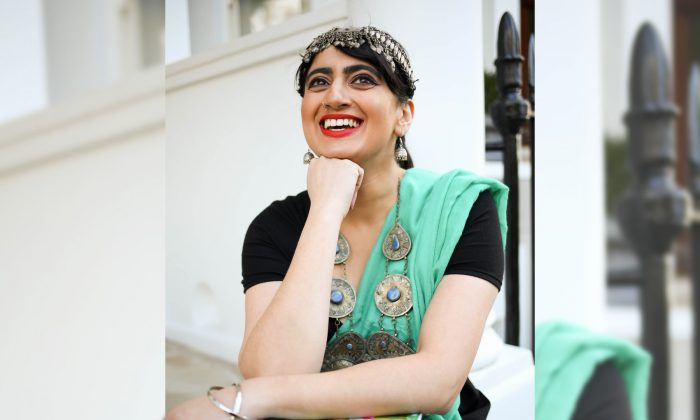
From racism to gentrification, poet Shagufta K Iqbal has plenty to say.
Shagufta K Iqbal is a Bristolian activist, filmmaker and spoken word poet who doesn’t shy away from tough issues: her poetry covers feminism, Islam, mental health and a lot more.
Iqbal released her first poetry collection, Jam is for Girls last year – but that’s not all she’s been up to. With Elizabeth Mizon, Bristol Radical Film Festival’s co-director, she created the award-winning short film Borders. Recently, she established a South Asian women’s poetry collective, the Yoni-Verse, who, among other things, run the London-based Golden Tongue poetry night. And she’s judging a competition for three BAME poets to win a deal with Bristol-based publishers Burning Eye.
The Cable caught up with Iqbal to find out more.
Cable: How did you get into performance poetry?
SKI: Through Bristol Black Writers’ Group at Kuumba Centre. They had poets like Doreen Baidoo. I remember seeing her and thinking, “Wow, she’s not just reading her work, it’s a performance.” That really helped me to look at poetry like a craft.
A close friend from the group then introduced me to Sharon Clark, literary producer at Bristol Old Vic. She encouraged me to think about how to use the stage, how to earn the space, how to create a world for the audience. And it grew naturally from there.
Does the writers’ group still exist?
No, the group was years ago. Kuumba lost funding like many of Bristol’s community centres. Those spaces now no longer exist – spaces where you could be from a local working class community and where, if they saw talent in you, they would nourish it.
An older poem of yours, Stokes Croft (also called BS2) is about your anger at Bristol’s gentrification. Do you still feel this way?
I feel it more now than when I wrote it. Bristol has changed incredibly; it’s infuriating to see who it has changed for. Every time I go down Stokes Croft, there’s a new cafe. In Easton, people are moving in and moving people out. The writers’ group was in BS2, but all these things have been packed up and demolished.
People of colour, we’re constantly being told to integrate more. But the hipsters, there’s no effort to be part of their local community. As someone who is now running a collective, and wanting more voices involved in the collective, I know that you have to do the work. No-one’s going to come to you – and by you I mean hipsters – and be your key into a community. Integration is something you have to work at, the same way that immigrants and people of colour have to work at it, all the time.
So you mentioned your new collective, the Yoni-Verse: can you tell me how it started?
When I started performing at big events, sometimes I’d think, “Am I just being booked because I’m the only South Asian poet?” That bothered me. So I looked for other South Asian poets, adding them to a Twitter group, and asking if they’d be interested in creating a community.
It also came out of me going into schools to lead workshops and being shocked that, to this day, South Asian girls would be the most reserved. They were always reluctant to take up space, to be loud, to be silly. But as soon as the workshops were over, they’d be the first to crowd around and ask questions about writing and influences and Bollywood. I thought, “Why is this happening? Is it something about how I’m running the workshops? Or is there still an issue about how South Asian women are expected to act?” That’s why mentoring is a big part of what the Yoni-Verse does.
The collective is currently London-based. Could you have set it up in Bristol?
I don’t think so. It doesn’t have the community… It’s changing though. We’re talking about holding a writers’ group in Bristol in September.
And how did the competition with Burning Eye come about?
Burning Eye were one of the first to publish spoken word poets, including amazing people of colour, like Malaika Kegode (who runs Bristol poetry night Milk Poetry) and Vanessa Kisuule (the Bristol City Poet). They want to make sure they’re doing the best they can – the spoken word scene is hugely diverse and the publishing industry should reflect that. So they approached me about this project. I’m honoured to read all the work, it’s a great job.
What’s next for you?
A small poetry collection about romantic relationships in South Asian communities – something we don’t talk enough about. I’m making more films with Elizabeth Mizon. And I’m going to continue my work with the Yoni-Verse.
POTWARI
By Shagufta K Iqbal
Too often,
I choke on the words,
They hang heavy in the air.
I struggle to recall you
through your own language,
a language that we should share.
There are times when
I have lost the story of you,
your script hovers in my throat,
tugs at my heart,
the sense of you
sits in the pit of my stomach,
but I cannot speak you.
Instead get caught on you.
It is getting even harder to imagine you.
From edition 16, OUT NOW!


 Read more from this edition.
Read more from this edition.
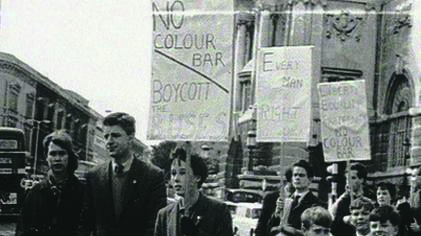
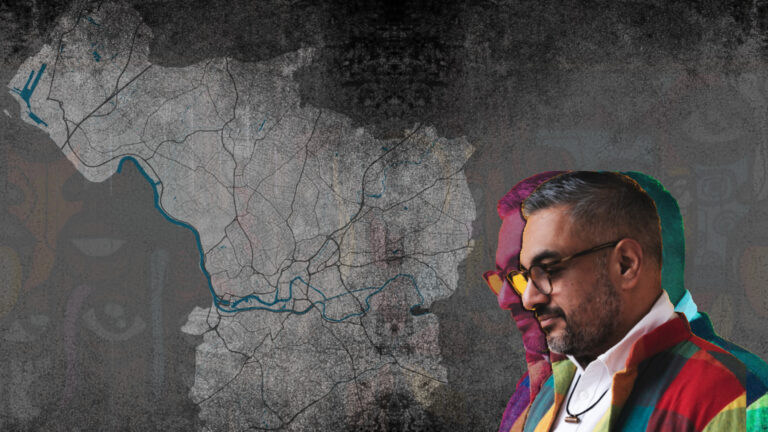

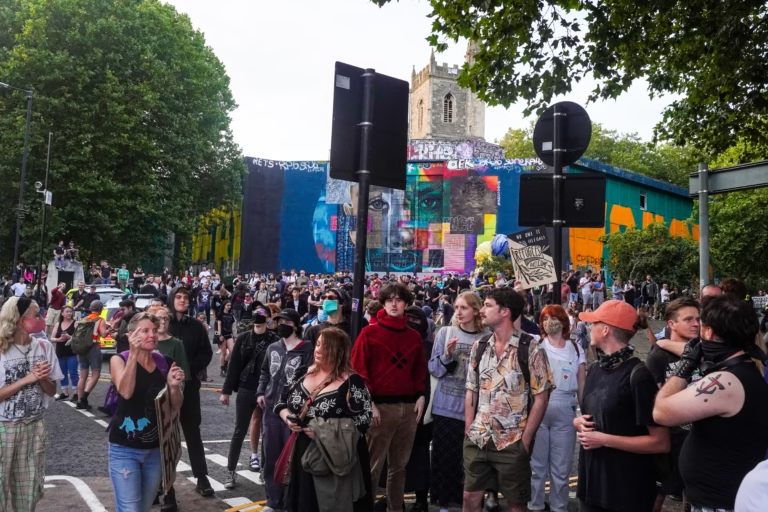


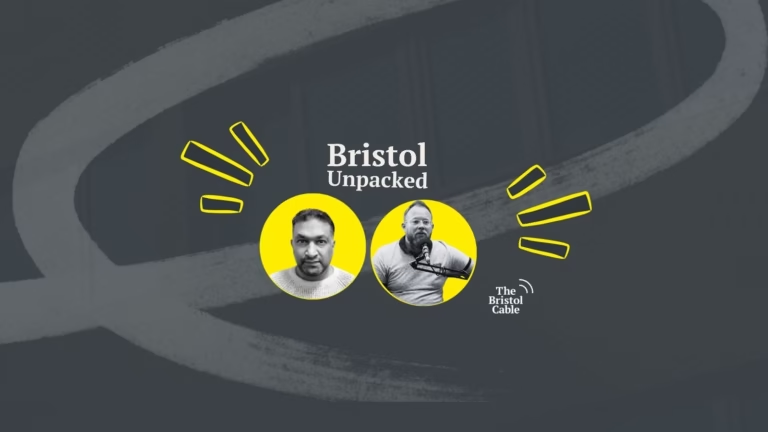



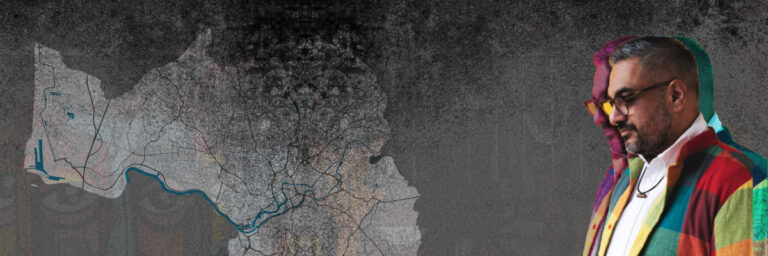

Report a comment. Comments are moderated according to our Comment Policy.
It be nice if it could be more diverse,so women could come together, and express there work,through word ,music and art..love the poem.. I’m not Asian, and I don’t live in Bristol… It’s a great idea and good luck with your project..